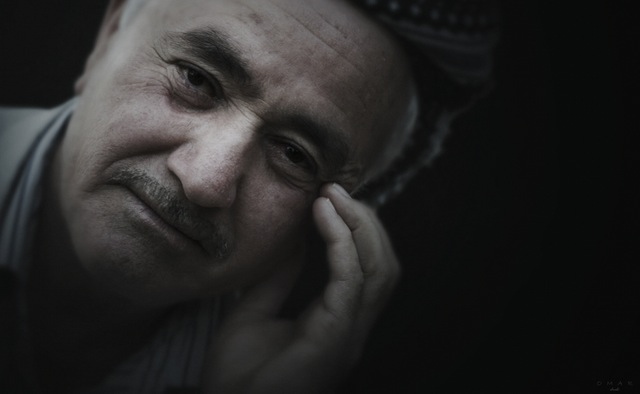
One common symptom of shame is developing codependent relationships with others. When working with others in their recovery one of the first things we learn is to be comfortable in your own skin – to love yourself unconditionally.
If you love yourself unconditionally then you accept all the good and bad you have to offer, and you’re ok with who you are. This can be difficult for someone who has lived in the addition cycle for years. One reason people escape with drugs is that they cannot handle reality – their own selves being the reality they cannot handle.
Last week we talked about shame as a negative feeling about yourself that develops over time based on external and internal markers from childhood. Those who experience shame oftentimes find other needy people with which to interact. Because they are not comfortable in their own skin, people who experience shame on a grand scale find other people who are not comfortable in their own skin and together they have a pity party. This is not a healthy dynamic. Relationships should be about a healthy coming together of individuals each standing strong independently from the other.
Addicts must learn to liberate themselves from patterns, beliefs and behaviors that no longer serve them. This is no small task. Feelings associated with shame is embarrassment, worthlessness, uselessness and rage. Shame shows up in our bodies too and can cause weakness, stuttering, nausea, muscle constriction, poor eye contact and can even affect our posture so that we appear to shrink or be small next to others.
Guilt can be confused with shame. Guilt is an internalized value system that is important for moral development. When our behavior goes against our value system, we feel guilty. Guilt offers opportunity for forgiveness. Shame is different in that we feel that we don’t measure up to some preconceived standard that is usually made up in our own head, not in society.
When shame permeates one’s thoughts and behaviors, that person has no internal gauge of their worth. What follows is continuous approval seeking behaviors. People who experience excessive shame think that they can get what they need from the outside, from everyone else. What they do not realize is that those needs must come from within in how they tell themselves who they are and as they act on those feelings.
Shame feels the needs to control and in their controlling behavior they end up coping with addiction and loneliness. People who are shame based need a safe place with safe people to speak about their truths. Empathy is a great tool to use to help individuals who use shame as their base. Individuals who operate in severe shame don’t need to be corrected they instead need to be loved, and to be heard and understood. The biggest piece of medicine you could give them is to love them unconditionally and be a mirror reflecting their actions and beliefs back in a loving way. If they see that you can possibly listen and like them then they may begin to like and love themselves.
Shame can be immobilizing. People who have severe shame get stuck doing the same thing over and over again and yet they expect different results. They become like a hamster in a wheel with no clear path out. Most addicts come from families where heightened crisis is the norm. In these families there may be spoken or unspoken rules like “don’t talk, don’t trust, don’t feel.” These rules were passed down to them as well, and, of course, they have their own shame and struggle to deal with on their own. Remember, shame’s goals is to not get exposed, but what we need most is for it to be exposed.
Recovery Guide, LLC provides initial assessments for family members and those with addiction problems globally at no cost. Recovery Guide, LLC also offers referral for treatment , Intervention services and Structured Family Recovery™.